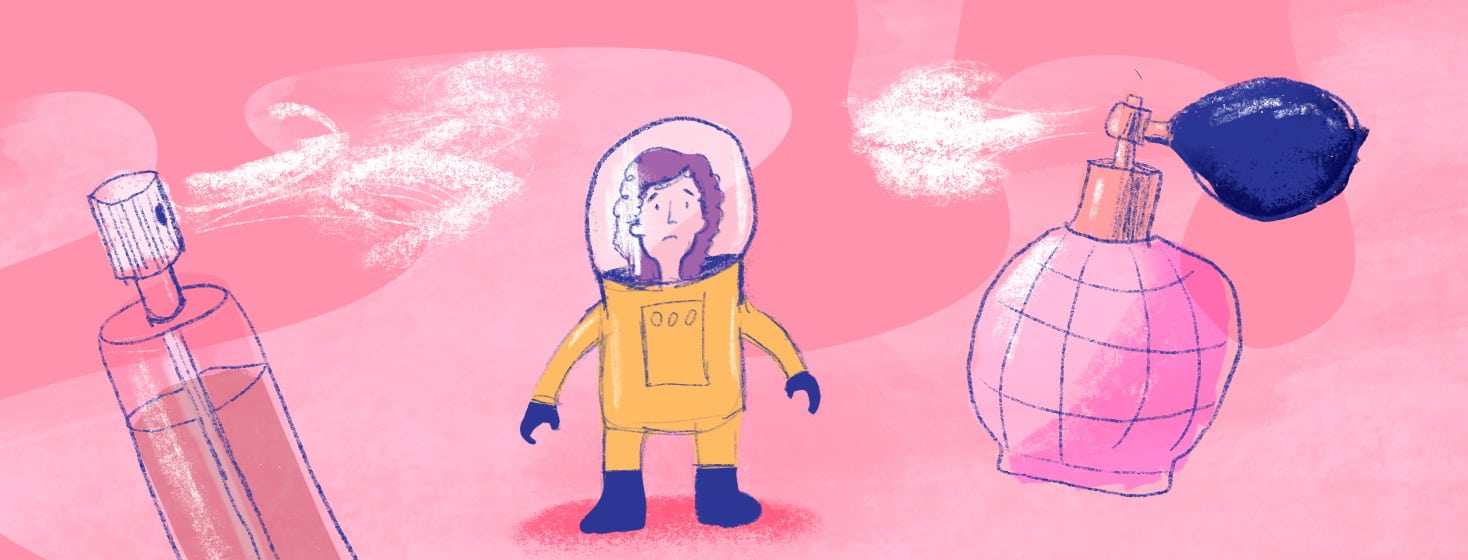Tips to Deal With New Triggers
Asthma is a disease that changes over time. Chances are almost certain that the asthma you have today will not be the same asthma you will have in 10 years. It is episodic for the vast majority of asthmatics meaning when you aren’t in the middle of a flare-up, you don’t have asthma symptoms.
Our triggers differ and change
Just like asthma isn’t a one sized fits all disease, our triggers differ and they can also change over time. This has proven true for me since my family and I moved from Southern California to the Midwest. While my previous triggers have stayed the same since moving here, I have noticed some new ones have joined the party.
I don’t necessarily blame all of my new triggers on our move but some triggers (new alergies) I know are new because of the different climate here in the Midwest. For this post, I am referring to a new to me trigger that never bothered me before but now it’s a doozy- perfume and cologne In the past perfume and cologne never bothered me, unless it was super strong, in which case it would bother anyone’s lungs!
Some tips to deal with new asthma triggers
Over the past couple of years, I noticed being more and more sensitive to perfume and cologne. It doesn’t take much to set off my asthma. I am very fortunate to work in a hospital that has a scent-free policy but that doesn’t mean people who come into the building always know about it. The same goes for when I’m out shopping. I never know what I am going to encounter, whether it is a known asthma trigger or a new one. Here are some ways I have been dealing with my new triggers.
Be prepared!
ALWAYS have your reliever/rescue inhaler with you. This is so important! While we try our best to avoid triggers, sometimes it’s unavoidable.
Remove yourself from the trigger
If possible, leave the area where the trigger is. Sit down and remain calm. Use your inhaler and take slow deep breaths. If you don’t get relief from your inhaler, refer to your asthma action plan for the next steps to take. If you don’t have an action plan ask your doctor for one the next time you have an appointment. It is a paper that contains your regular asthma medications and dosages/when to take them, as well as what steps to take when your asthma flares up and when to seek medical attention.
Communicate
Tell your family, friends, and coworkers about any and all new triggers that you have. Don’t feel bad or uneasy about doing this. Your breathing and health are important and it is very important for those around you to know what sets your asthma off, especially if it is a new trigger that didn’t bother you in the past. They will not only hopefully accommodate you (in my case avoid perfume) but also be on the lookout for anything when you are together and steer you away from it.
Do you have any new triggers? If so, what do you do to help combat them?

Join the conversation